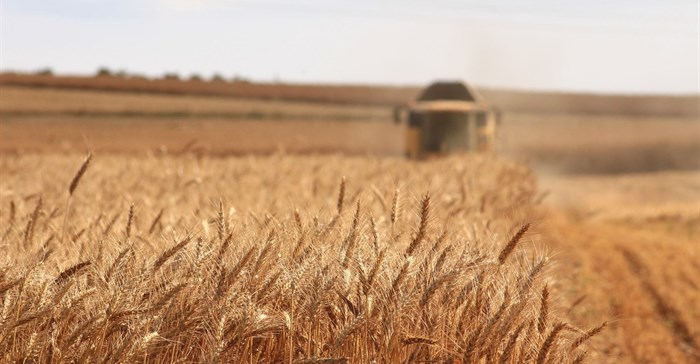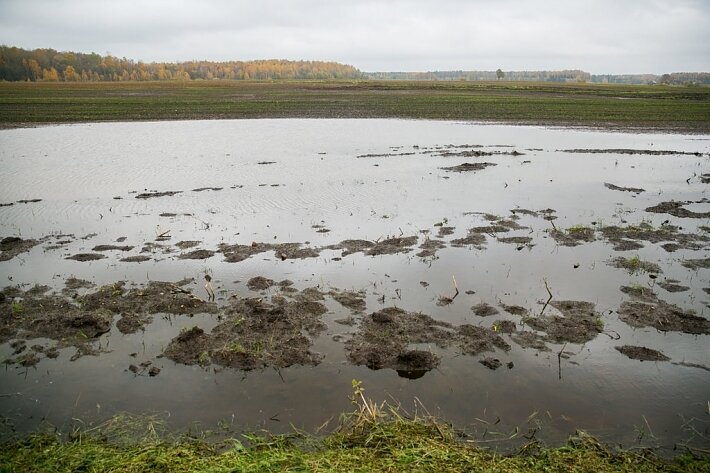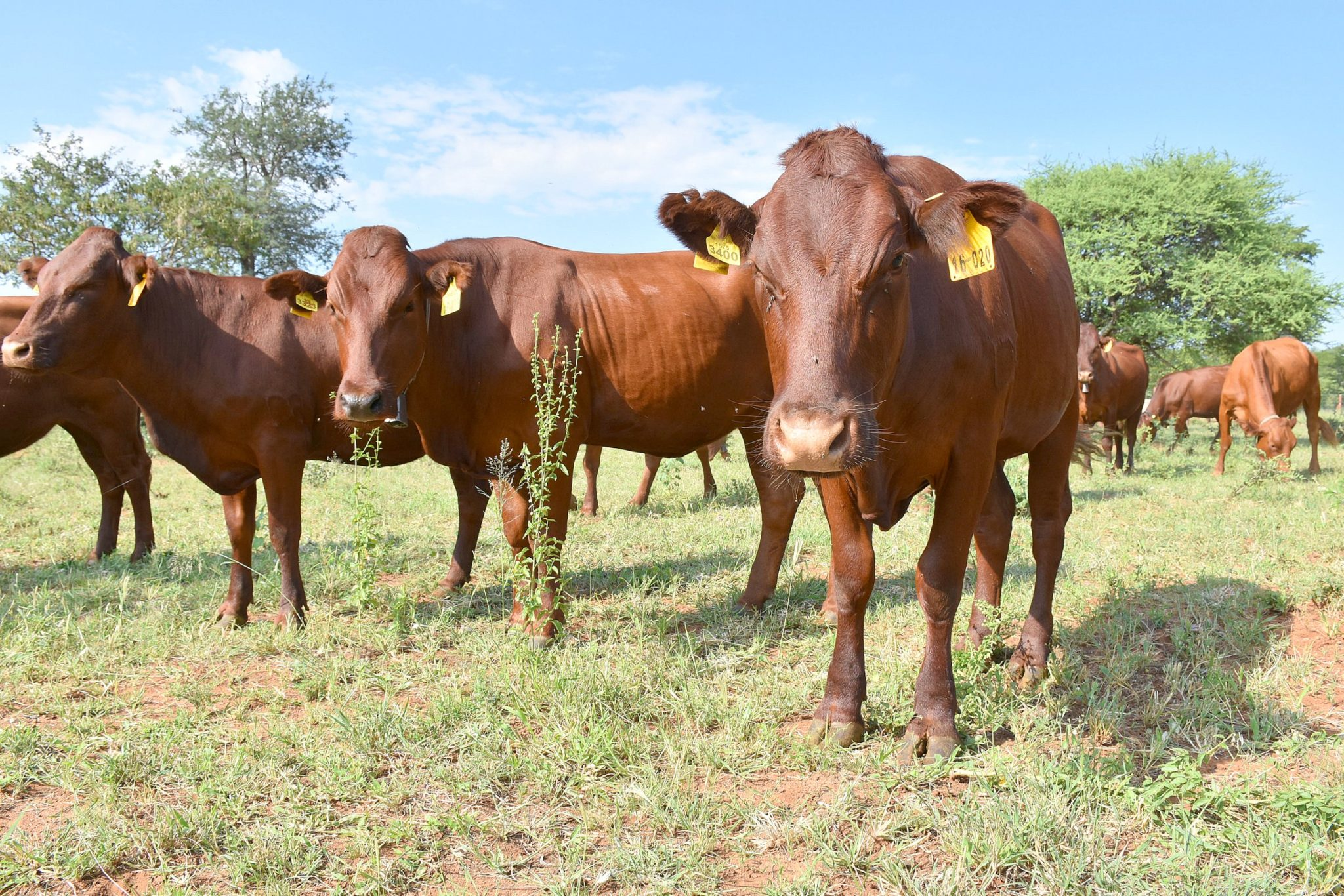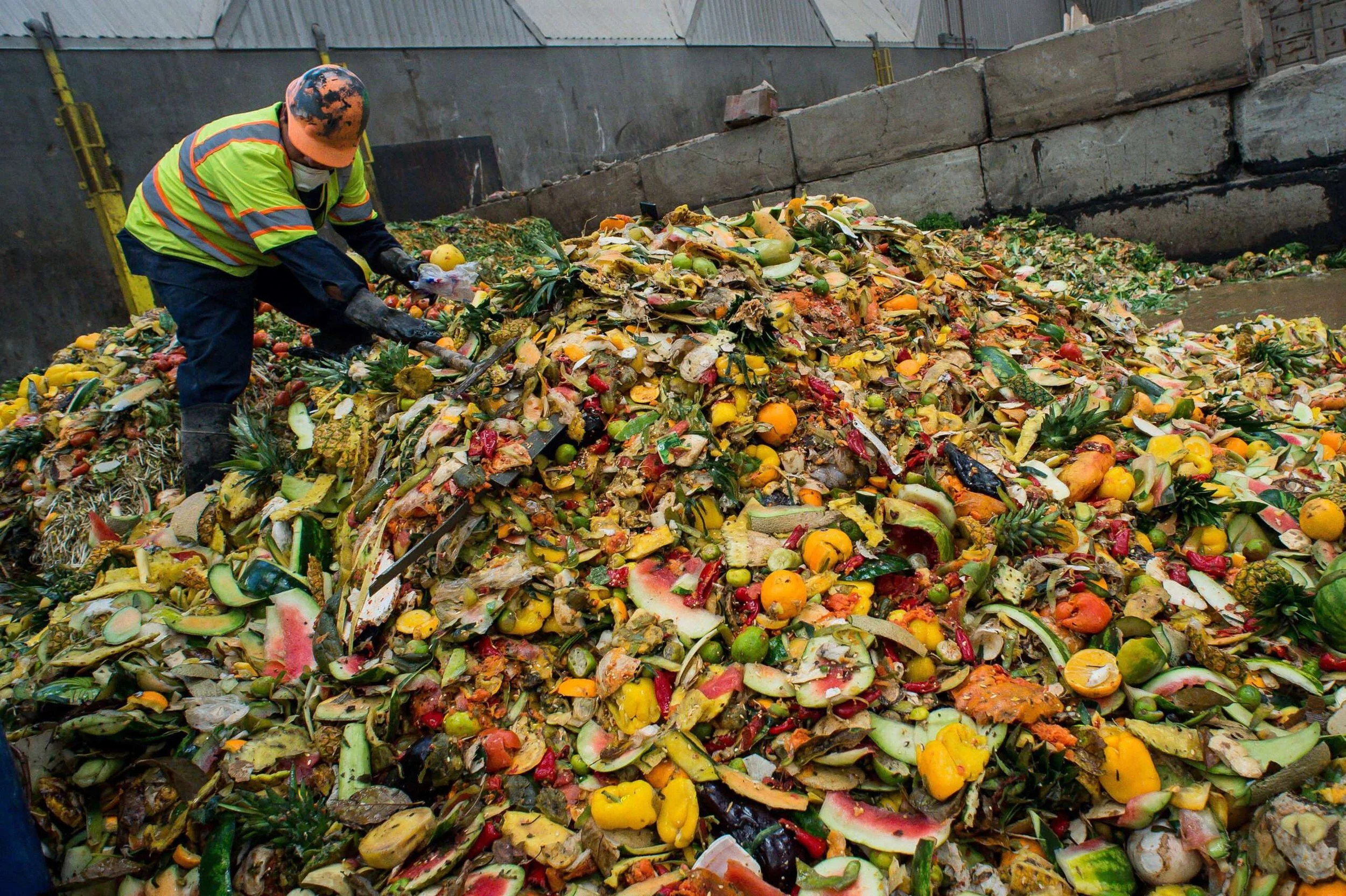THE country’s apex agricultural research body is evolving strategies to enhance adoption of harvest and post-harvest management technologies through public-private community partnerships.
The Pakistan Agricultural Research Council (Parc) has before it two strategies: making agri-food systems more knowledge-intensive and strengthening strategic partnerships and networking.
These strategies are focused on devising innovative, best practices applied and integrated for reduced harvest and post-harvest losses and wastage and developing technical competency expertise in different aspects of post-harvest management.
Currently, the magnitude and nature of geographical spread of research activities in post-harvest loss management is quite meagre as compared to the challenges and efforts needed.
The success of strategies will largely depend on effective partnerships and cooperation among research and development organisations, and other stakeholders engaged in harvesting, post-harvesting and marketing of agricultural commodities and products.
Parc’s aim should be to help stakeholders and partners not only to engage in collaborative efforts but also to mobilise partnership support from its sister organisations
To forge such an effective partnership, Parc needs to rigorously launch a series of awareness campaigns about the importance and scope of networking among stakeholders.
The aim should be to help stakeholders and partners not only to engage in collaborative efforts but also to mobilise partnership support from Parc’s sister organisations.
Losses of fresh fruits and vegetables in developed countries range from 2pc for potatoes to 23pc for strawberries, with an average of 12pc losses between production and consumption in general.
On an average, the losses at the retail, food service and consumer levels are about 10pc in developed countries and 20pc in developing countries.
Pakistan’s post-harvest losses are estimated at Rs134bn annually. Data collected for fiscal year 2014-15 showed that 7.25m tonnes of vegetables and 6.80m tonnes of fruits were produced having a total value of Rs537bn. At least 25pc losses of horticultural crops means 3.5m tonnes are lost. If post-harvest losses are cut by 1pc, horticultural products worth more than Rs5bn could be saved.
Adequate post-harvest treatments not only minimise post-harvest losses, but also maximise the producer’s profits, and result in better-appearing, more nutritious fruits and vegetables on consumer’s plates.
In post-harvest management, technical competency needs to be developed in areas like preserving quality (especially for the exportable commodities), pre-storage treatments, crop storage, pest management, packaging, primary and secondary crop processing, qualitative and quantitative loss assessments, and adoption of best international practices.
Currently, four federal and six provincial institutions are engaged in conducting post-harvest management-related research activities. Their focus on research includes variety screening, packaging, storage, grading, fruit processing, fruit handling and preservation through dehydration.
The commodities focused are mango, citrus, apple, peach, apricot, dates, plum, pomegranate, persimmon, guava, grapes, lemon, potato and onion.
Source - https://www.dawn.com












